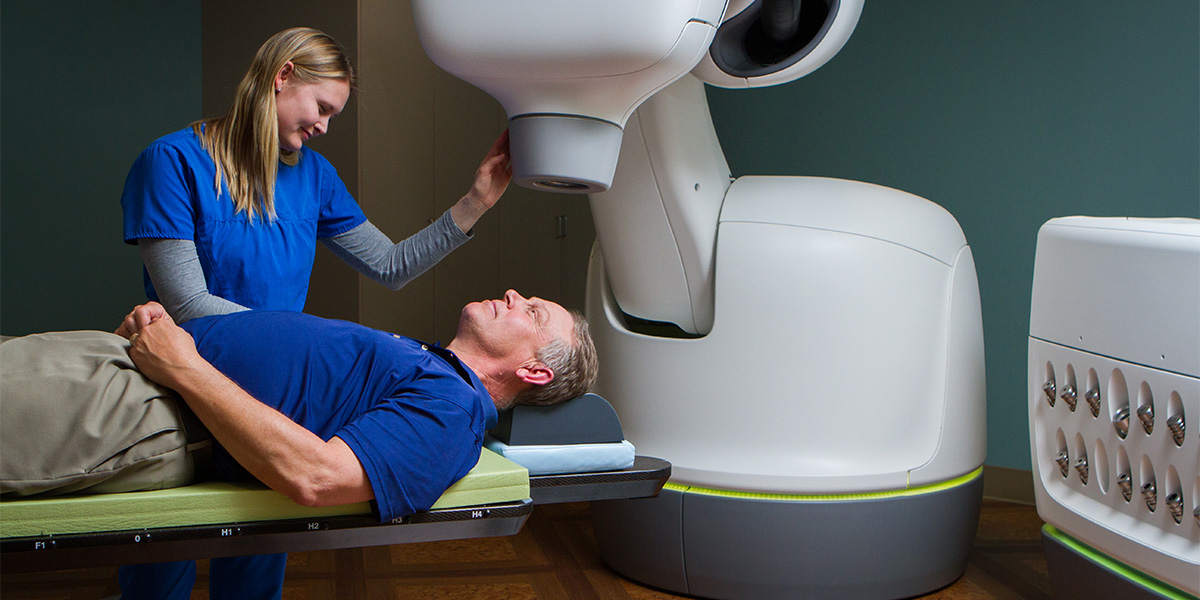Cancer treatment has undergone significant advancements in recent decades, offering patients a multitude of therapeutic options and personalized approaches to care. From early detection to survivorship, cancer treatment encompasses a continuum of interventions aimed at eradicating tumors, managing symptoms, and improving quality of life. In this comprehensive guide, we explore the evolving landscape of cancer treatment, highlighting innovations, multidisciplinary care models, and patient-centered approaches that are transforming cancer care delivery worldwide.
Innovations in Cancer Therapy:
Recent years have witnessed remarkable innovations in cancer therapy, ranging from targeted therapies and immunotherapy to precision medicine and gene editing technologies. Targeted therapies exploit specific molecular vulnerabilities in cancer cells, allowing for more precise and effective treatment while minimizing damage to healthy tissues. Immunotherapy harnesses the body’s immune system to recognize and attack cancer cells, offering durable responses and prolonged survival in certain malignancies. Precision medicine integrates genomic profiling and molecular diagnostics to tailor treatment strategies based on individual patient characteristics, optimizing therapeutic efficacy and minimizing adverse effects. Additionally, emerging technologies such as CAR-T cell therapy and gene editing hold promise for revolutionizing cancer treatment by enabling precise manipulation of immune cells and genetic pathways involved in cancer progression.
Multidisciplinary Care Approach:
Multidisciplinary care has emerged as a cornerstone of modern cancer treatment, emphasizing collaboration among healthcare professionals from diverse specialties to develop comprehensive and individualized treatment plans. Multidisciplinary tumor boards bring together oncologists, surgeons, radiologists, pathologists, and other specialists to review patient cases, discuss treatment options, and formulate consensus recommendations based on the latest evidence and guidelines. This collaborative approach ensures that patients receive integrated and coordinated care across the continuum of cancer treatment, from diagnosis and staging to treatment selection and follow-up. By leveraging the expertise of multidisciplinary teams, healthcare providers can optimize treatment outcomes, minimize treatment-related toxicity, and improve patient satisfaction and quality of life.
Patient-Centered Care:
Patient-centered care lies at the heart of effective cancer treatment, recognizing patients as active participants in their care journey and tailoring treatment plans to meet their unique needs, preferences, and goals. Patient-centered care emphasizes open communication, shared decision-making, and holistic support that addresses not only the physical aspects of cancer treatment but also the emotional, social, and spiritual dimensions of care. Healthcare providers engage patients as partners in their treatment process, providing education, empowerment, and support throughout each stage of cancer treatment. By incorporating patients’ values, beliefs, and preferences into treatment planning, patient-centered care promotes collaboration, trust, and mutual respect between patients and healthcare providers, ultimately leading to improved treatment adherence, satisfaction, and outcomes.
Conclusion:
As cancer treatment continues to evolve, innovations in therapy, multidisciplinary care models, and patient-centered approaches are reshaping the landscape of cancer care delivery. By harnessing the power of targeted therapies, immunotherapy, and precision medicine, healthcare providers can offer patients personalized treatment strategies that optimize efficacy and minimize toxicity. Multidisciplinary care teams collaborate to ensure that patients receive comprehensive, coordinated, and evidence-based care across the cancer continuum. Meanwhile, patient-centered care places patients at the forefront of their treatment journey, empowering them to make informed decisions, navigate treatment options, and advocate for their well-being. With ongoing research, innovation, and collaboration, the future of cancer treatment holds promise for continued advancements that improve outcomes and quality of life for patients affected by cancer.


